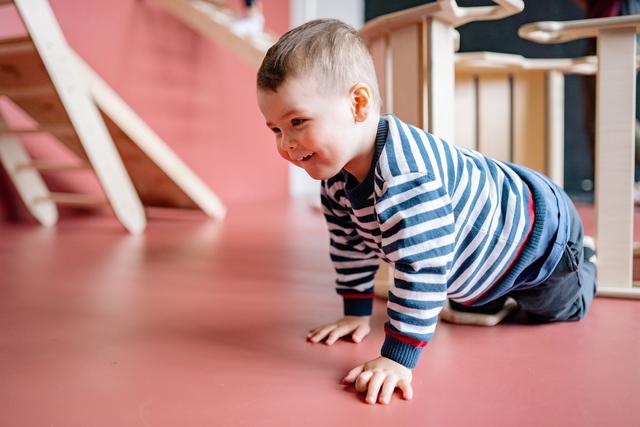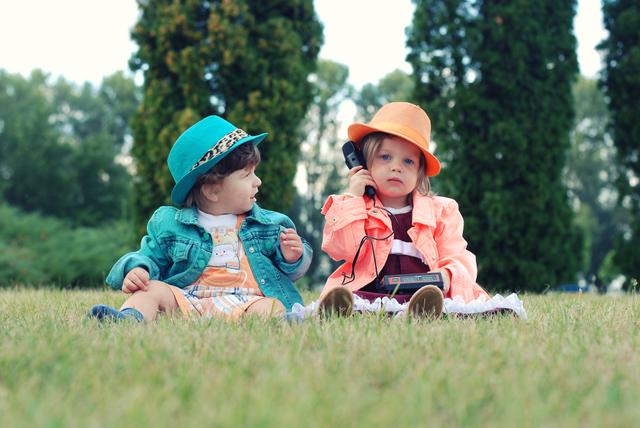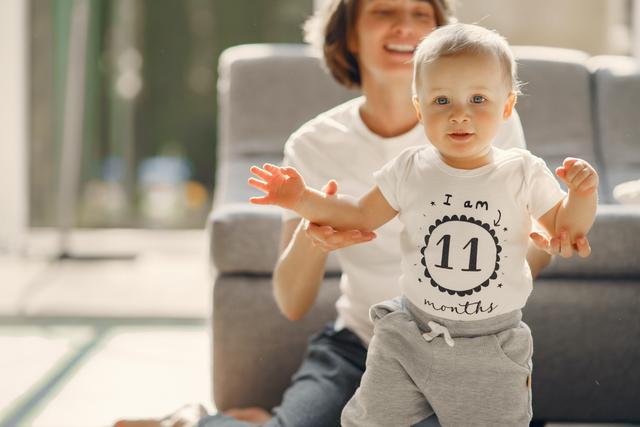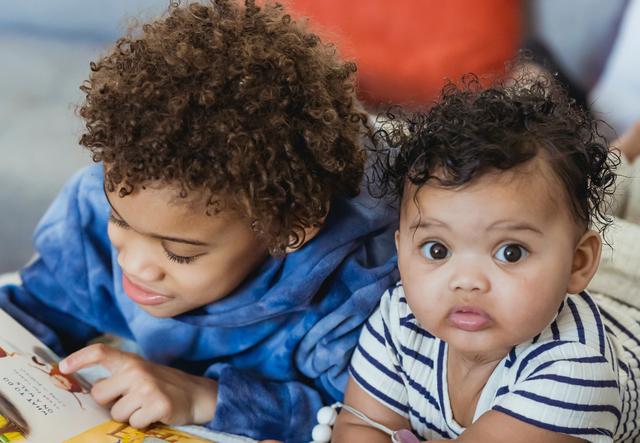Development Articles
Development For Kids In The UK
Child development in the UK has been meticulously studied and supported over the past century, reflecting a deep national commitment to nurturing the next generation. The formulation of child development processes emerged from extensive research and continuous observation, marking it as a vital area of focus for both government bodies and independent organisations.
The historical context of child development in the UK offers rich insights into how understanding and support strategies have evolved. Initial studies by pioneers such as Charles Darwin and Margaret McMillan laid foundational principles that emphasised the importance of early years in shaping a child's future. These trailblazers in developmental psychology and education sciences highlighted the necessity of nurturing environments that cater to the comprehensive growth needs of children.
By the mid-20th century, with the establishment of the National Children's Bureau and the advent of the Welfare State, there was a significant bolster in attention and resources dedicated to child development. These initiations have carved paths for structured programmes like the Early Years Foundation Stage (EYFS) and Sure Start, which systematically support various aspects of development from birth through to young adulthood.
Government initiatives have also played a crucial role in structuring the stages and milestones of child development in the UK. Child development is typically segmented into several key stages, each addressing different age groups with tailored educational and developmental frameworks. These stages ensure that from the earliest age, children receive the appropriate educational interventions and supportive environments that foster both learning and personal growth.
Furthermore, developmental activities specifically designed for different age groups reflect a keen understanding of the evolving needs of growing children. Activities ranging from singing and reading to more structured learning like arts and crafts are encouraged widely, providing children with diverse experiences that promote cognitive, emotional, and social development.
The concerted efforts by various entities, from government bodies to local community centres, substantiate the comprehensive framework the UK has established for child development. This framework not only supports the immediate growth needs of children but also prepares them for future challenges, enabling them to flourish into well-rounded individuals.
The Benefits of Development
Participating in developmental activities offers a plethora of health benefits that are crucial for the holistic growth of children in the UK. Engaging regularly in these activities fosters improved physical health, helping children maintain a healthy weight, build strong bones, and boost cardiovascular fitness, laying a solid foundation for a healthy lifestyle as they grow.
Moreover, developmental activities significantly enhance cognitive functions. Children learn new skills, which improve their memory, elevate their problem-solving capabilities, and expand their understanding of the world. This cognitive development is essential in preparing them for academic success and lifelong learning.
Emotionally, these activities play a vital role in building self-confidence and emotional intelligence. Children learn to understand and manage their emotions better, which is pivotal for mental health and wellbeing. This emotional development also aids in resilience, helping children to navigate life's challenges more effectively.
Socially, developmental activities provide a platform for children to interact with peers and adults, which is instrumental in developing strong communication skills, empathy, and the ability to build and maintain relationships. These social skills are critical for personal and professional success in later life.
Overall, the benefits of child development activities are comprehensive, supporting children's growth in a well-rounded manner, making them healthier, more intelligent, and emotionally and socially competent.
FAQs
Q1: How does the UK government support child development? A1: In the UK, the government supports child development through numerous policies, programmes, and initiatives such as the Early Years Foundation Stage (EYFS) and Sure Start. These are designed to provide a framework that caregivers and educational professionals can follow to enhance the growth and learning of children from birth to five years old.
Q2: What are the major milestones in child development according to UK standards? A2: Major developmental milestones in the UK include physical achievements like crawling and walking, cognitive advances such as problem-solving and remembering; language milestones like forming sentences; and social emotional skills which involve playing with others and expressing emotions appropriately.
Q3: What health benefits are associated with proper child development? A3: Proper child development in the UK is linked to numerous health benefits, including improved physical health through stronger bones and better weight management, enhanced cognitive abilities with better memory and problem-solving skills, emotional wellbeing with boosted self-confidence and emotional intelligence, and greater social skills that foster communication and empathy.
Q4: What developmental activities are recommended for children in the UK? A4: For children in the UK, recommended developmental activities include playing interactive games, engaging in physical activities like swimming and cycling, practicing reading and writing, and participating in creative activities such as drawing and playing music. These activities not only stimulate physical and cognitive growth but also encourage social and emotional development.
Q5: How can parents play a role in their child's development? A5: Parents in the UK can support their child's development by providing a safe and nurturing environment, participating actively in their learning processes, ensuring they have access to educational and recreational resources, and encouraging communication and emotional expression. Regular interaction and attentive engagement with children significantly contribute to their overall development.









